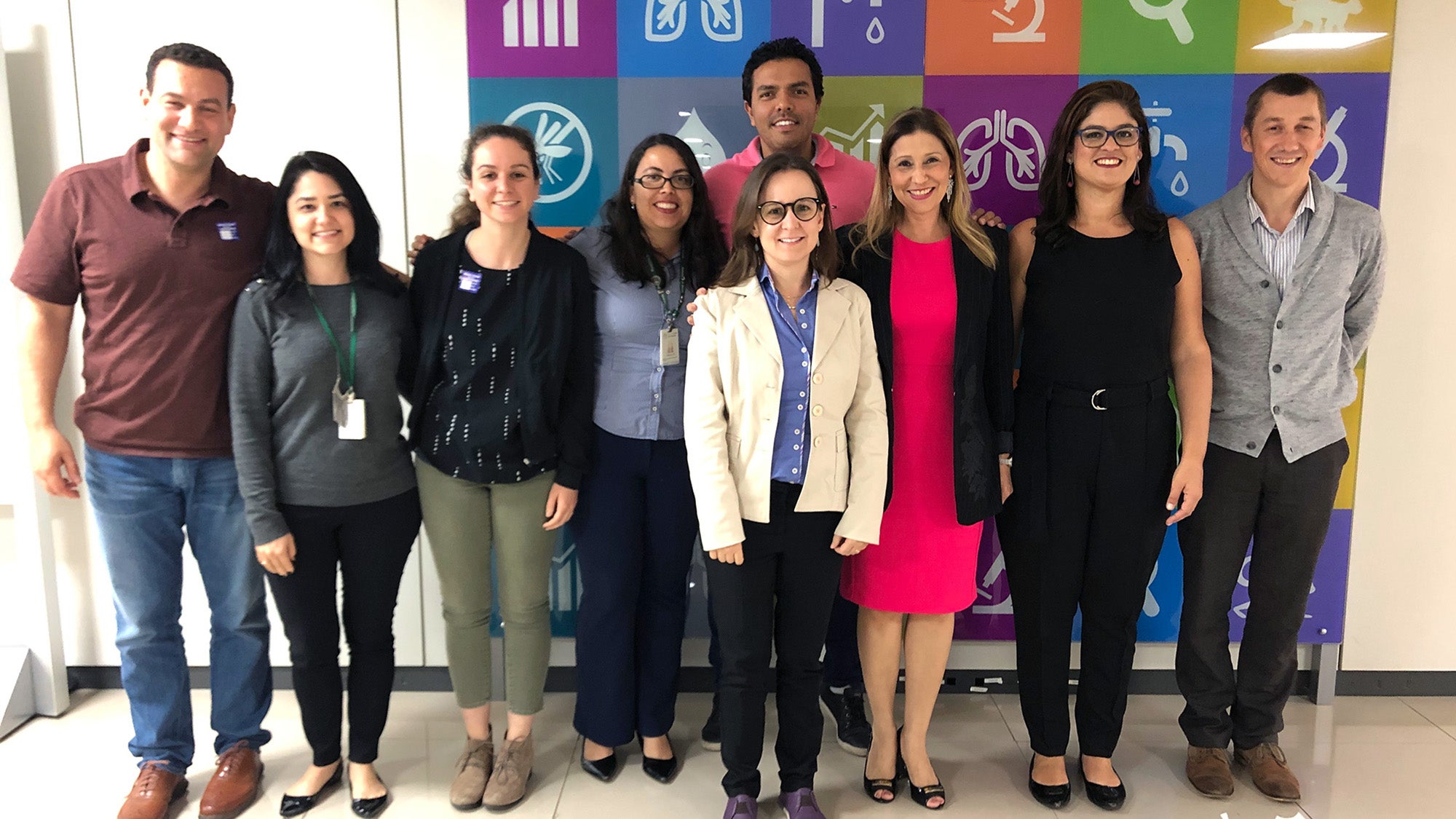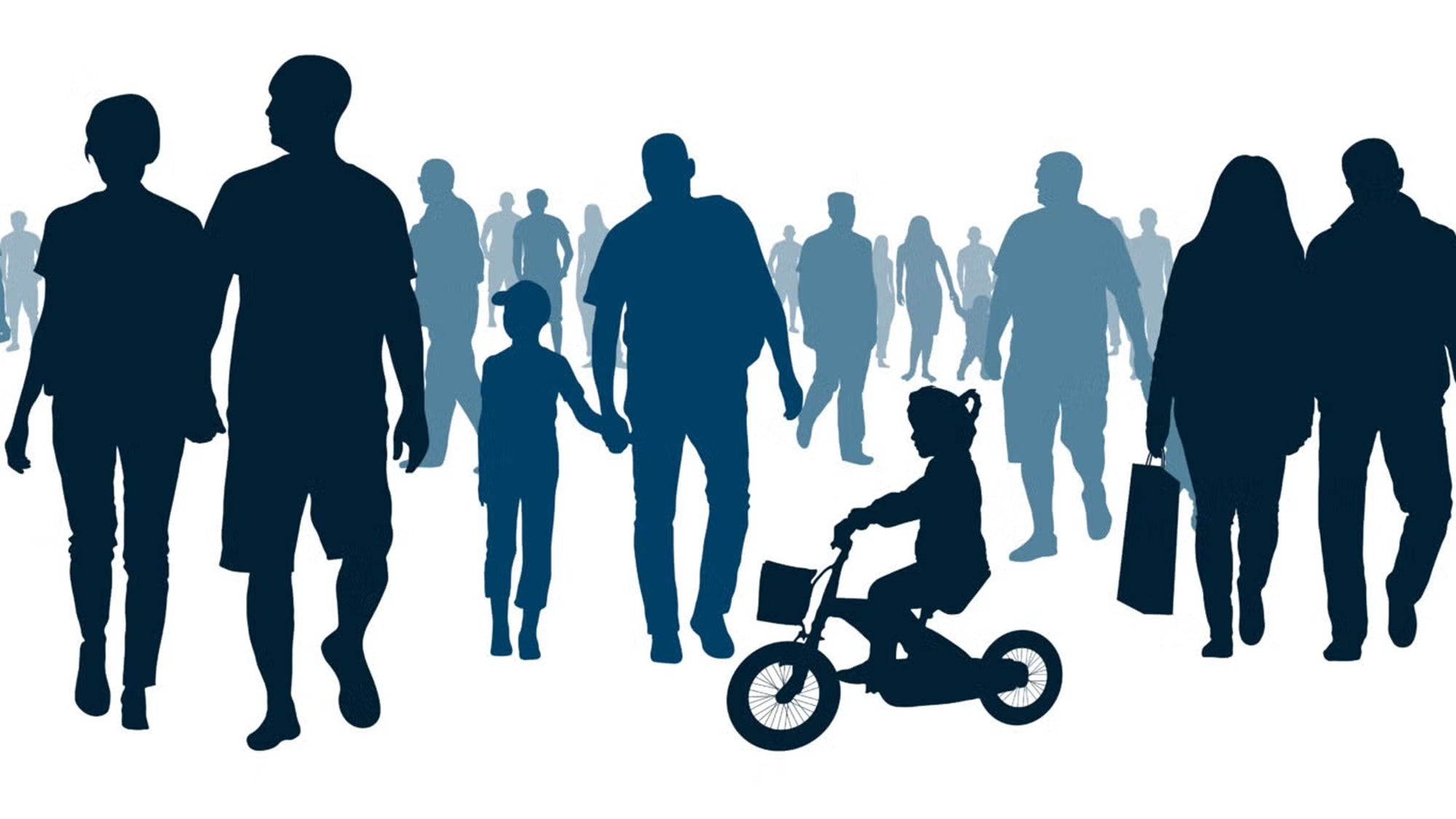Lack of federal leadership hinders Brazil’s COVID-19 response

June 25, 2020— Marcia Castro is Andelot Professor of Demography and chair of the Department of Global Health and Population at Harvard T.H. Chan School of Public Health.
Brazil is now second only to the U.S. in COVID-19 cases, and may soon surpass it. What are the unique challenges the country has faced in responding to the virus?
One challenge is that Brazil has a very high level of inequality. So, many of the recommendations to protect against COVID-19 that worked in Europe aren’t going to work the same there. For example, washing hands with soap for 20 seconds. In regions like the Amazon, 43% of the population doesn’t have access to water. A significant fraction of the population depends on informal labor, so they can’t work from home. And many households are very dense, particularly in poor areas, so people can’t isolate themselves. Their houses also tend to have poor ventilation. And the distribution of physicians and hospital beds is not equal across the country.
Another challenge is the country’s leadership. In order to bring people’s opinions around on something like social distancing, there needs to be a consistent message coming from all levels of leadership. The problem is, Brazil has a president who basically does not believe in science and has downplayed risks from the virus. In addition, we lost two health ministers in less than a month. One was fired and the next resigned. Now we have an interim minister who is an army general without health expertise. So, there is no guidance coming from the federal level. This makes it a big challenge for governors and mayors who want to provide the right response.
In the absence of strong federal leadership, what actions have been taken to combat the virus?
We are seeing local responses aided by combinations of public/private partnerships, nongovernmental organizations, and philanthropy. They’re providing personal protective equipment, bringing food to vulnerable people, and trying to bring in community health agents to provide care. But a country the size of Brazil can’t rely on individual, local responses. It should be coordinated between the federal, state, and municipal levels.
Brazil actually had an opportunity to provide one of the best responses, to be a lesson on how you can address a pandemic by building on health services that you already have. It has a universal healthcare system and one of the largest community-based primary care programs in the world. The community health agents who are part of this program live in the communities they serve. People trust them. They have very important jobs because they monitor people with high blood pressure and diabetes, do the immunizations, and provide prenatal care. They know the households where people who are the most at risk from the virus live. They could be monitoring people for symptoms and doing the contact tracing, and really serving as the backbone of the response. But without support and funding from the federal government, it’s not happening.
Historically, Brazil has provided good responses to infectious diseases, including HIV/AIDS and Zika. In addition to the health system, Brazil has a network of research institutions and researchers that have been doing whatever they can to produce the best science to guide actions.
What research are you currently involved in around COVID-19 in Brazil?
Working with collaborators in the Northeast, we did a survey during the social distancing period, on WhatsApp, with pregnant women in the fifth largest city in Brazil, Fortaleza. We wanted to understand if they stopped their prenatal care, and whether they developed any depressive symptoms because of the isolation. We also wanted to know whether parenting had been affected among those who already had children at home. We hope to be able to follow up with these women and their children over the next three years. In addition, we are working with Brazil’s national early childhood program to look at how the mental health impacts associated with social distancing, and the fear of coronavirus may be affecting parenting and early childhood development.
I am also part of a group of researchers (Observatorio COVID-19 BR) working together to look at daily data around the coronavirus in Brazil, and issue reports with guidance for policymakers, and I am collaborating with the Ministry of Health. Lastly, I’m doing a lot of public engagement through media interviews and online panels. I think the time when researchers stayed comfortable in their office, writing papers and giving classes, is pretty much gone. We’ve got to be out there.
Listen to an interview with Marcia Castro on the Latin America in Focus podcast: How Brazil Could Slow Its Coronavirus Outbreak


